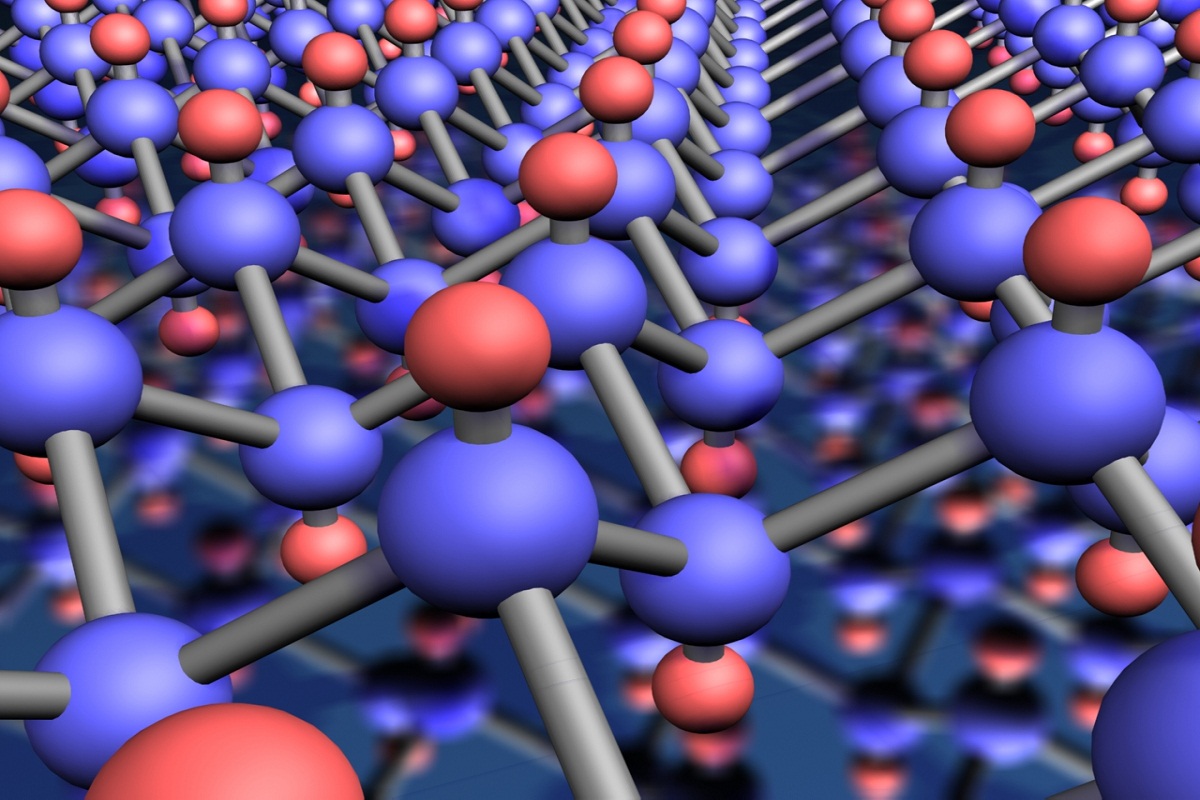Could graphene provide much-needed net boost?
UK researchers claim to have found a way to make use of graphene to help speed up broadband connectivity.


Internet connection speeds could soon be 10 times faster than they are now thanks to a breakthrough by researchers at two leading UK universities.
Teams at the University of Manchester and Cambridge have increased the way in which the thinnest material on earth, graphene, uses light to create power.
Many leading electronics companies consider graphene for the next generation of devices. This work certainly boosts graphene's chances even further.
Historically, graphene has only been capable of converting three per cent of the light passing through it into energy. The researchers have teamed graphene with metallic nanostructures to boost this transfer by a factor of 20. "The technology of graphene production matures day-by-day, which has an immediate impact both on the type of exciting physics which we find in this material, and on the feasibility and the range of possible applications,' said Professor Kostya Novoselov.
"Many leading electronics companies consider graphene for the next generation of devices. This work certainly boosts graphene's chances even further."
The researchers expect to develop their findings further, to deliver even greater efficiency when it comes to power and speed.
"So far, the main focus of graphene research has been on fundamental physics and electronic devices," said Professor Andrea Ferrari.
Sign up today and you will receive a free copy of our Future Focus 2025 report - the leading guidance on AI, cybersecurity and other IT challenges as per 700+ senior executives
"These results show its great potential in the fields of photonics and optoelectronics, where the combination of its unique optical and electronic properties with plasmonic nanostructures, can be fully exploited, even in the absence of a bandgap, in a variety of useful devices, such as solar cells and photodetectors"
We spoke to Daniel Elias, a University of Manchester researcher involved in the graphene development story. Take a look at the Q&A here.
Maggie has been a journalist since 1999, starting her career as an editorial assistant on then-weekly magazine Computing, before working her way up to senior reporter level. In 2006, just weeks before ITPro was launched, Maggie joined Dennis Publishing as a reporter. Having worked her way up to editor of ITPro, she was appointed group editor of CloudPro and ITPro in April 2012. She became the editorial director and took responsibility for ChannelPro, in 2016.
Her areas of particular interest, aside from cloud, include management and C-level issues, the business value of technology, green and environmental issues and careers to name but a few.


